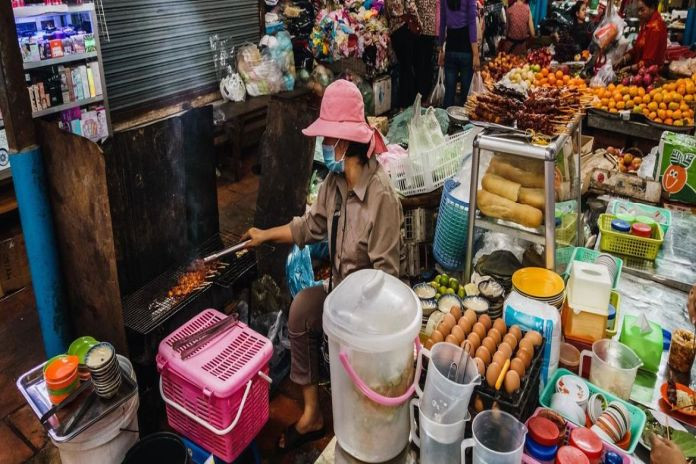NEW YORK, USA – Every day, some 1.6 million people worldwide fall ill from eating contaminated food, which kills 420,000 people each year, two UN agencies said on Tuesday.
The World Health Organization (WHO) and the Food and Agriculture Organization (FAO) are highlighting the issue ahead of World Food Safety Day, observed annually on 7 June.
This year, focus is on the role of established food safety practices and standards which ensure that what we eat, is safe to consume.
Ending ‘preventable deaths’
Food safety has a direct impact on our health, said Dr Maria Neira, WHO assistant director-general. Over 200 diseases, from diarrhoea to cancers, are caused by eating food contaminated with bacteria, viruses, parasites or chemicals.
“We tend to think about food safety only when we get sick, and we should think (about it) more often because food-borne diseases are entirely preventable,” she said in a video message. “Safe food allows the uptake of nutrients and promotes human development. Nobody should die from eating food. These are preventable deaths.”
Call to action
WHO has called for action from various sectors, including policymakers, who are urged to establish robust national food safety systems that comply with established standards.
Food businesses are encouraged to work with their employees, suppliers and other stakeholders to develop “a food safety culture”, while educational institutions and workplaces should promote safe food handling.
Consumers are also asked to do their part, for example, by practising safe food handling at home and following WHO recommendations, which include washing hands before preparing meals and using separate equipment and utensils, such as knives and cutting boards, when handling raw foods.
Food sector ‘toolbox’
Meanwhile, FAO will launch a website to help the food sector adhere to international food hygiene standards.
Described as a “toolbox”, the site aims to both protect consumer health and promote fair practices in the food trade.
Special focus has been given to small businesses and farmers in developing countries, as the website can be accessed on handheld mobile devices, which are far more widespread in these nations than laptops or other computers.
The website includes guides to personal hygiene, such as how to educate visitors entering a food production site, the correct procedure and frequency for hand washing, and suggestions for appropriate clothing.
The technical content was developed and reviewed jointly by FAO Food Safety Officers and a team from the Department of Food Science at the University of Guelph in Canada.
“Going forward, the plan is to collect feedback and possibly expand the toolbox to provide more in-depth guidance for other sectors of the agrifood system, such as fisheries,” the UN agency said.






